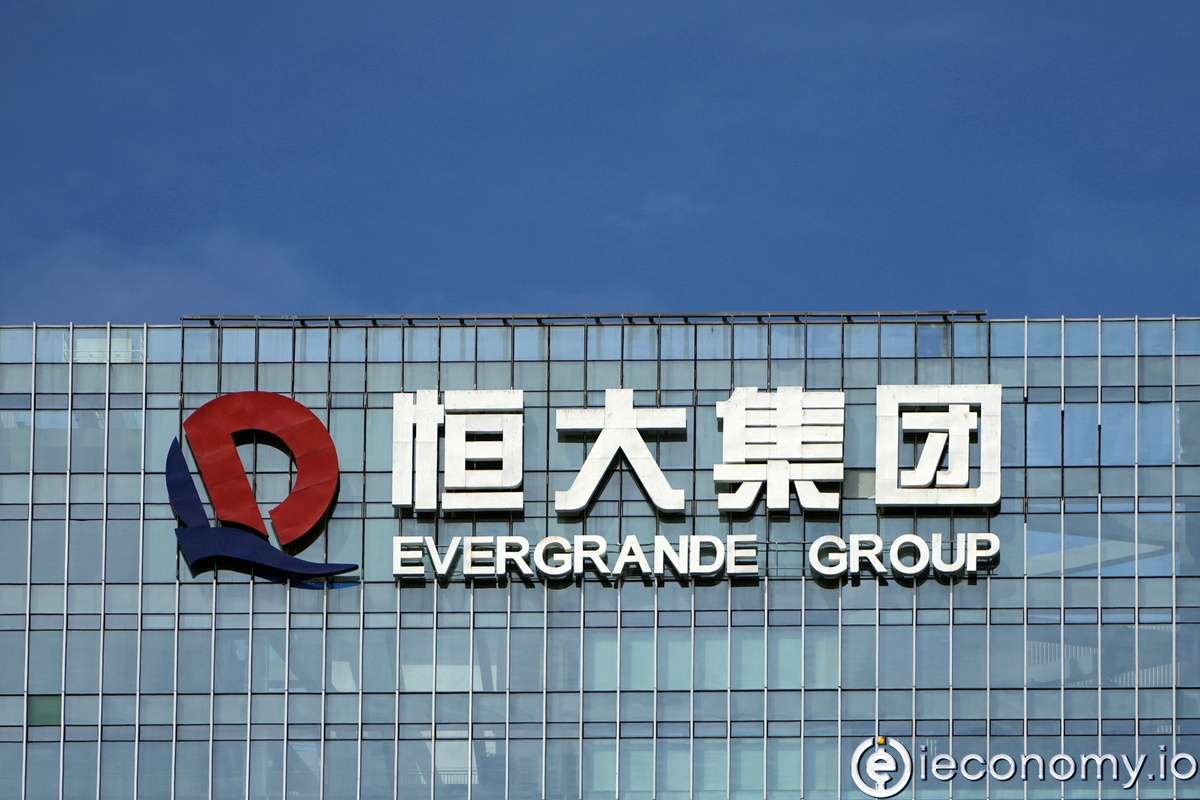8005
0
Evergrande Group warns of default again
In China, the situation on the ailing real estate market is coming to a head: Evergrande Group warns of default again.

Yazar: Tom Roberts
Yayınlanma: 6 Aralık 2021 02:48
Güncellenme: 3 Mart 2026 06:06
Evergrande Group warns of default again
In China, the situation on the ailing real estate market is coming to a head: The country's largest developer, the completely overindebted Evergrande Group, warned again of a default. Company founder Xu Jianyin was then appointed by the government of Guangdong Province - there, in Shenzhen, the company is based. The government announced that it would send a working group to the group. This should "monitor and promote" the risk management. After years of credit-funded expansion, Evergrande is sitting on a mountain of debt worth the equivalent of around 260 billion euros and has great difficulty servicing its loans. The group announced in a mandatory announcement to the Hong Kong stock exchange that in light of its current situation there is "no guarantee that the group will have sufficient funds to continue to meet its financial obligations". According to the financial news agency Bloomberg, a subsidiary of Evergrande has to pay $ 82.5 million (around 73 million euros) by Monday. Founder Xu - Hui Ka Yan in Cantonese - had just last week sold Evergrande shares worth $ 344 million, reducing his stake in the group from 77 to 68 percent. The authorities urge the founder to use his private assets to repay debt. During the night, the real estate developer Kaisa also announced that the attempt to postpone a payment due next week had failed. There is "no guarantee" that Kaisa will be able to meet its payment obligations by then. The company's price on the Hong Kong Stock Exchange fell nine percent by the end of trading. Kaisa is another one of the many companies in serious trouble in the Chinese real estate market. In terms of sales, Kaisa is only number 27 - but over-indebtedness is one of the highest in the industry. By Tuesday, the company has to pay interest equivalent to 354 million euros. At the beginning of November, Kaisa had proposed a debt rescheduling to the creditors in order to extend the repayment period. However, the necessary approval from 95 percent of the creditors was not achieved. The leadership in Beijing began several months ago to tighten regulation of the real estate sector in order to curb speculation with buildings. The party also wants to prevent social unrest due to steadily rising prices for houses and apartments. Companies have since struggled to get new loans. A collapse of Evergrande could not only wreak immense damage in the real estate sector, it could also affect the entire Chinese economy. The Chinese central bank tried to calm down. Reasons for the location of Evergrande are "bad management and blind expansion". However, these short-term risks of individual property developers would not affect the "medium-term and long-term solvency in the market".İLGİLİ HABERLER





European stocks soared and focus shifted to German retail sales after Powell's speech!

Forex Signal For TRY/USD: Inflation Slowdown in November.

Forex Signal For GBP/USD: Bullish Trend Still Not Breaking While Recovery Continues.

Forex Signal For EUR/USD: Starry US Data Points to Higher Fed Increases.

Forex Signal For BTC/USD: Downside Continues as Bitcoin Recovery Moves Less.
En Popüler Haberler
Yorum Yap
Yorumlar
Henüz yorum yapan yok! İlk yorumu siz yapın...